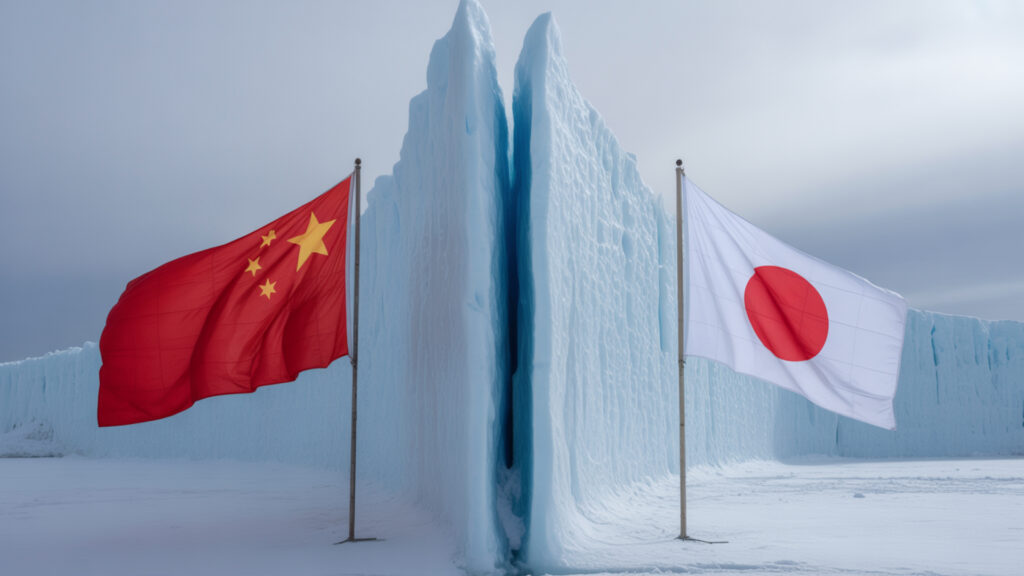Japan and China reach new low in diplomatic relations

Amid growing tensions between the two countries, Japan has advised its citizens in China to exercise caution and avoid crowded areas. The warning follows comments by Japanese Prime Minister Sanae Takaichi about Taiwan, according to Reuters.
These tensions escalated after Takaichi told members of the Japanese parliament that if a Chinese attack on Taiwan threatened Japan’s survival, it could lead to a military response. Beijing asked her to retract the statement, but Tokyo stated that her comments did not alter Japan’s position and that Taiwan issues should be resolved peacefully.
Following these exchanges, Chinese state media criticized Takaichi, while online commentators launched a wave of posts about her. In response, Japan’s embassy in China advised its citizens to remain vigilant, avoid being alone outdoors and steer clear of suspicious situations.
Meanwhile, the diplomatic split is already affecting business. The Chinese government has advised its citizens to refrain from traveling to Japan. Since Chinese tourists account for about a quarter of visitors to Japan, the move led to a significant decline in tourism-related stocks. Moreover, several Chinese airlines are offering refunds for flights to Japan, and some Japanese movies set for release in China have been put on hold.
Tensions are not limited to diplomatic and economic spheres. Over the weekend, Chinese coast guard ships entered waters near the Senkaku Islands, which Japan controls but China claims. Japan’s coast guard stated that they forced the ships to leave, and the U.S. reiterated that its security treaty with Japan includes these disputed islands.
With no meeting planned between Japanese and Chinese leaders at the upcoming G20 summit, some analysts warn that the situation is becoming more unstable. One expert said the two countries are now «on a knife’s edge.»

